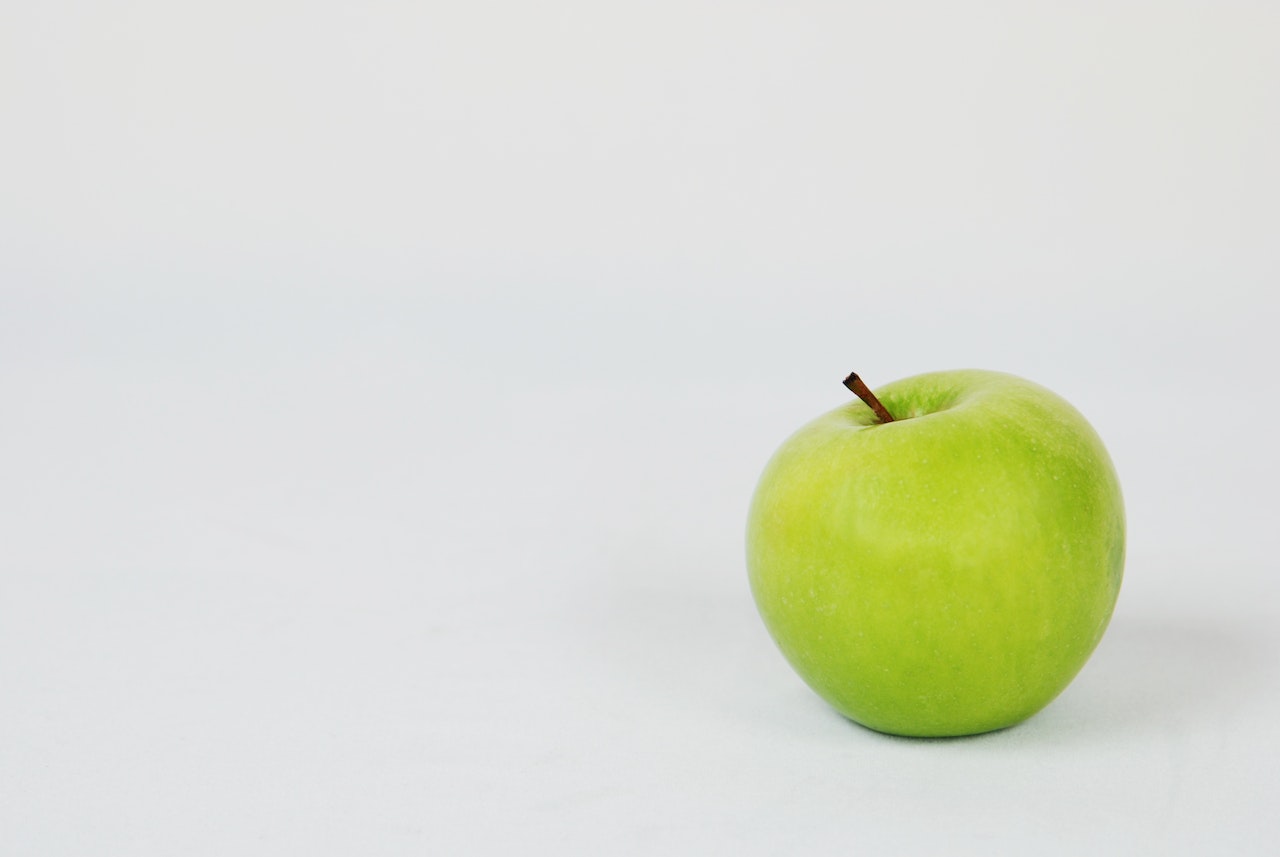What happens if you only eat one meal a day? In a world where diet trends abound, the OMAD diet, or “One Meal a Day,” has captured the imagination of health-conscious individuals looking for a practical path to weight control and overall wellness. We will explore the potential benefits of this eating pattern and the health considerations that have gained both enthusiasts and skeptics.
What happens if you only eat one meal a day? Explore whether OMAD suits you.
In this article:
- One meal a day diets: Understanding the approach
- What happens if you only eat one meal a day: Benefits of the OMAD diet
- Weight loss on the OMAD diet
- What happens if you only eat one meal a day: Potential health risks
ONE MEAL A DAY DIETS: UNDERSTANDING THE APPROACH
The One Meal a Day (OMAD) diet is a unique eating pattern that has recently gained popularity. At its core, the OMAD diet involves consuming all one’s daily caloric intake within a single meal while abstaining from food for the remaining day. While this may sound extreme, the idea behind this diet is to create an extended fasting period, which proponents argue can lead to weight loss and improved metabolism.
The OMAD diet allows for flexibility in meal choices, making it an attractive option for those seeking a simple approach to daily nutrition. However, it’s essential to note that what you eat during that one meal can significantly impact the diet’s effectiveness and your overall health. Some people choose nutrient-dense foods, while others may indulge in less nutritious options.
This eating pattern requires careful planning and attention to portion sizes to ensure you receive all the nutrients your body needs to function optimally. For this reason, some OMAD practitioners may turn to supplements to address potential nutrient gaps.
It’s crucial to recognize that while the OMAD diet may offer certain benefits, it’s not suitable for everyone. Individual responses to fasting and extended periods without food can vary widely, and some individuals may experience adverse side effects such as low energy levels or digestive discomfort.
In the following sections, we’ll delve deeper into the potential benefits, health risks, and challenges associated with the OMAD diet, providing a comprehensive understanding of what happens if you only eat one meal a day.
WHAT HAPPENS IF YOU ONLY EAT ONE MEAL A DAY: BENEFITS OF THE OMAD DIET
In the video above, Dr. Berg discusses 23 advantages of the OMAD diet. We’ll highlight some of the most significant potential health benefits:
- Weight loss: Weight management is a primary motivation for many OMAD enthusiasts. Individuals often create a significant calorie deficit by condensing their daily caloric intake into one meal, leading to weight loss. This approach aligns with the fundamental principle of weight loss: consuming fewer calories than expended.
- Improved metabolism: OMAD proponents argue that this eating pattern can rev up metabolism. Extended fasting periods encourage the body to use stored fat for energy, potentially enhancing fat-burning and metabolic efficiency. Some studies show that intermittent fasting can have metabolic benefits.
- Simplicity and convenience: OMAD offers a streamlined approach to daily eating. With only one meal to plan and prepare, adherents find it simpler to manage their diet, which can be especially appealing to those with busy lifestyles.
- Insulin sensitivity: Some evidence suggests that intermittent fasting, like the OMAD diet, may improve insulin sensitivity. Enhanced insulin sensitivity can lead to better blood sugar control.
- Mental clarity: Some OMAD practitioners report increased mental clarity and focus during fasting hours. Believers attribute this heightened mental state to stable blood sugar levels and ketone production during fasting.
Recognizing that individual responses to the OMAD diet can vary widely is crucial. What works well for one person may not be suitable for another. Additionally, the benefits of OMAD are often subject to the quality of the meal consumed.
Below, you can read more about what happens if you only eat one meal a day and decide if you will join in this trend.
WEIGHT LOSS ON THE OMAD DIET
One of the most appealing aspects of the OMAD diet is its potential for weight loss. Here, we’ll guide you on structuring your daily meal to maximize weight loss while meeting your nutritional needs.
- Whole, unprocessed foods: When planning your OMAD meal, choose whole, unprocessed foods. These foods are rich in nutrients and keep you feeling full and satisfied. Include lean proteins like chicken, turkey, or tofu, and load up on vegetables—low in calories but high in fiber and nutrients.
- Embrace healthy fats: Don’t shy away from healthy fats. Foods like avocados, nuts, seeds, and olive oil provide essential fatty acids and help keep you satiated. Be careful of portion sizes, as fats are calorie-dense.
- Incorporate complex carbohydrates: Ensure your meal includes carbohydrates like brown rice, quinoa, and whole-grain bread. These carbs offer sustained energy and fiber, helping prevent energy crashes and keeping you satisfied throughout the day.
- Avoid sugary foods: Steer clear of sugary and processed foods like sugary drinks, candy, and fast food. These can lead to rapid spikes and crashes in blood sugar levels, making it hard to maintain your OMAD routine.
- Include fruits: Don’t hesitate to include fruits in your meal. Many wonder if bananas are fattening and avoid them during weight loss efforts. However, fiber-rich foods like fruits, vegetables, and whole grains promote feelings of fullness, aid digestion, and contribute to overall health.
To learn more about the OMAD diet for weight loss while meeting your nutritional needs, check out Alyssa Sybertz’s fantastic guide, “The OMAD Diet: Intermittent Fasting with One Meal a Day to Burn Fat and Lose Weight.” It provides everything you need to succeed, from calculating daily calories to delicious meal recipes.
Before embarking on any new diet, especially one as unique as OMAD, consider consulting a registered dietitian or healthcare professional. They provide personalized guidance and ensure you meet your nutritional needs while pursuing your weight loss goals.
WHAT HAPPENS IF YOU ONLY EAT ONE MEAL A DAY: POTENTIAL HEALTH RISKS
Paradoxically, some individuals following OMAD might overeat during one meal, which can counterproductively sabotage weight loss goals by consuming excessive calories and encouraging unhealthy eating habits.
Furthermore, rapidly consuming a substantial amount of food can result in swift spikes in blood sugar levels, followed by crashes. This fluctuation may pose risks, particularly for individuals with diabetes or those susceptible to blood sugar-related issues.
A notable concern is the need for long-term data on the OMAD diet. While it has gained popularity, the potential health consequences of prolonged adherence remain unclear. Individual responses to OMAD can vary significantly. Some individuals may experience fatigue, irritability, or other adverse effects, making it an unsuitable dietary choice.
One of the main concerns regarding the OMAD diet revolves around the risk of nutritional deficiencies. Restricting daily food intake to a single meal limits the opportunities to obtain essential nutrients, potentially leading to deficiencies in vitamins, minerals, and other crucial compounds vital for overall health. Therefore, some individuals choose to take supplements to address potential nutrient gaps. It is advisable to consult with a healthcare provider before incorporating supplements into your diet, especially if you follow a specific eating pattern like OMAD.
_____
“What happens if you only eat one meal a day?” is a question that deserves consideration. While the OMAD diet, also known as eating one meal a day, may have potential benefits, it can pose challenges and risks. Individual responses to OMAD vary, so approach this eating pattern mindfully.
This post may contain affiliate links. You can read the affiliate disclosure here.









